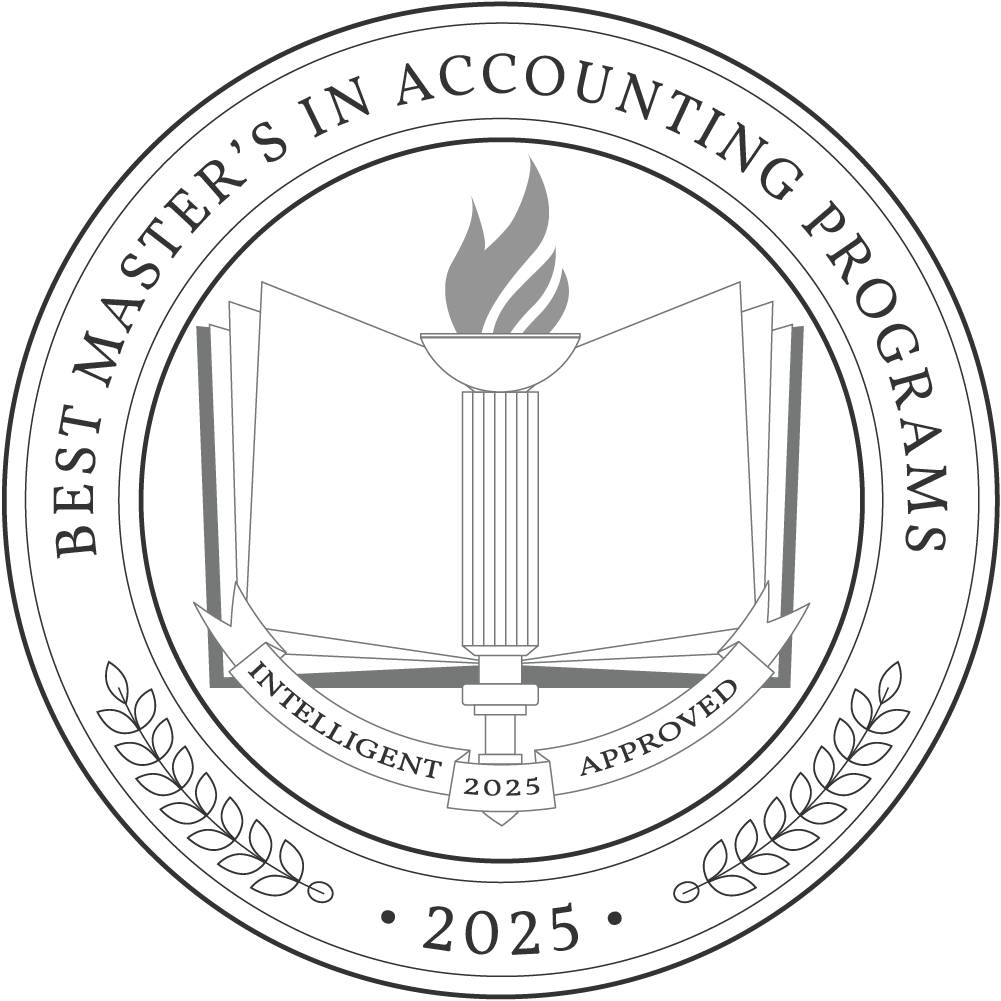Master’s in accounting degree programs prepare individuals to work in high-level finance and accounting positions in businesses that offer tax, banking, and financial management services. They may also be stepping stones to leadership positions, such as chief financial officer.
Salaries for higher-level accounting positions can hit six digits. According to the Bureau of Labor Statistics (BLS), chief executives make an average of $246,440 per year, financial managers make an average of $139,790 per year, and accountants make an average of $78,000 per year even if they aren’t in a leadership position.
It can take 1 to 2 years to complete this degree, depending on your program, and the average cost of master’s degree programs is around $19,749.
Why Trust Us
The Intelligent.com Higher Education Team is dedicated to providing students with independent, equitable school and program rankings and well-researched resources. Our expert-driven articles cover topics related to online colleges and programs, paying for school, and career outlooks. We use data from the U.S. Department of Education’s College Scorecard, the National Center for Education Statistics, and other reputable educational and professional organizations. Our academic advisory team reviews content and verifies accuracy throughout the year for the most current information. Partnerships do not influence rankings or editorial decisions.
- Analyzed over 2,000 national, accredited, and nonprofit colleges and universities
- 800+ rankings pages are reviewed and updated yearly
- Content is informed by reputable sources, surveys, and interviews with academic advisors and other experts
- Over 100 data points are reviewed for accuracy and quality throughout the year, including sources
How we rank schools
Our list features the best Master’s in Accounting degree programs at top colleges nationwide. Each school featured is a nonprofit, accredited institution — either public or private — with a high standard of academic quality for post-secondary institutions.
We evaluated each school’s program on tuition costs, admission, retention and graduation rates, faculty, reputation, and the student resources provided for online students. We collected data from trusted sources like the National Center for Education Statistics, individual school and program websites, school admissions counselors, and other data sources. Then, we calculated the Intelligent Score on a scale of 0 to 100 based on the following criterion:
Academic Quality:
- Admission rate versus enrollment rate
- Retention rate of students who return after year one
- Accreditation status (regional and programmatic)
- Nonprofit status, both private and public institutions
Graduation Rate
- Overall graduation rate
- Total number of currently enrolled students, including diversity metrics
- Student-to-faculty ratio
Cost and ROI
- In-state and out-of-state per-credit tuition rates and fees
- Required credits to graduate
- Earning potential after graduation
- Availability of federal student loans, scholarships, and other financial aid options
Student Resources
- Available student services for online-only and hybrid programs
- On-campus amenities like tutoring centers and the number of libraries
Read more about our ranking methodology.
Best 43 Accredited Master’s in Accounting Programs
FiltersInstitution Type
Status
- Intelligent Score
- Alphabetically By University Name
- Acceptance Rate
- Enrollment
- In-state Graduate Tuition
- Out-of-state Graduate Tuition
- In-state Undergraduate Tuition
- Out-of-state Undergraduate Tuition

University of Virginia
Intelligent Score: 98.52In-state: $15,772
Out-of-state: $49,819
In-state: $17,076
Out-of-state: $17,076
SAT: 1320-1510
ACT: 30-34
University of Virginia's Master of Science in Accounting program is a nine-month, 30-credit, STEM-designated program that numerous media outlets have recognized for its excellence. In 2017, Public Accounting Report ranked University of Virginia's program #2 in the Top 25 Master's in Accounting Rankings for Schools with Fewer Than 17 Full-Time Accounting Faculty. In 2021, TFE Times ranked the program #7 of Best Master's in Accounting programs, and in 2019, NASBA Report ranked it #13 in the First-Time CPA Pass Rate category (out of 758 institutions). From the outset of the program, you can choose to specialize in financial reporting and assurance or tax consulting, making your degree as career-relevant as possible. You can also take part in UVA's storied tradition of student-run organizations that span nearly every interest.
Resident: $535
Non-Resident: $1,084
On-Campus
Association to Advance Collegiate Schools of Business
30

Texas A&M University
Intelligent Score: 98.08In-state: $8,395
Out-of-state: $36,849
In-state: $6,775
Out-of-state: $6,775
SAT: 1160-1380
ACT: 26-32
Texas A&M's Mays Business School offers a high-quality Master of Science in Accounting degree that allows you to choose one of two tracks: Assurance Services/Information Management or Tax Consulting/Financial Planning. In 2021, U.S. News & World Report ranked Texas A&M's program #13 nationally among public universities, and the school boasts an 79.4% first-time pass rate for the CPA exam compared with the national rate of 54%. As a Texas A&M student (and eventually an alumnus), you get to join the powerful Aggie Network, which can continue to open doors at any stage of your career, even long after graduation.
Resident: $868
Non-Resident: $1,410
On-Campus
Association to Advance Collegiate Schools of Business
36

University of Wisconsin - Madison
Intelligent Score: 97.39In-state: $9,273
Out-of-state: $37,161
In-state: $10,728
Out-of-state: $10,728
SAT: 1260-1460
ACT: 27-32
Resident: $900
Non-Resident: $1,688
On-Campus
Association to Advance Collegiate Schools of Business
33-54

UF Warrington College of Business
Intelligent Score: 97.06In-state: $4,477
Out-of-state: $25,694
In-state: $10,770
Out-of-state: $10,770
SAT: 1290-1460
ACT: 29-33
University of Florida's Master of Accounting program is geared toward students with a strong undergraduate background in accounting who want to take their skills and employability to the next level. As a student enrolled in UF's Master of Accounting program, you can choose one of three tracks: Auditing, Taxation, or no concentration. The no concentration track enables you to decide whether to pursue a more generalist curriculum or whether to assemble a set of electives that suits your particular accounting interests. Classes are held during the day on a full-time basis at the campus in Gainesville, Florida. Upon completing the master's program, you will have met the requirements to sit for the Certified Public Accountant exam in Florida.
Resident: $530
Non-Resident: $1,255
On-Campus
Association to Advance Collegiate Schools of Business
34

University of Texas at Austin
Intelligent Score: 96.23In-state: $11,448
Out-of-state: $40,032
In-state: $12,028
Out-of-state: $12,028
SAT: 1210-1470
ACT: 26-33
Resident: $867 - $970
Non-Resident: $1,505 - $1,560
On-Campus
Association to Advance Collegiate Schools of Business
31-43

North Carolina State University
Intelligent Score: 95.96In-state: $6,535
Out-of-state: $26,654
In-state: $9,095
Out-of-state: $9,095
SAT: 1230-1410
ACT: 27-32
North Carolina State's Master of Accounting program boasts a 96% to 100% job placement rate, with most, if not all, students securing a job by graduation. The program is accredited by the prestigious Association to Advance Collegiate Schools of Business and is STEM-designated. The curriculum centers on experiential learning, ensuring that you know how to link theory and practice. You can choose between two career tracks - the public accounting track and business and industry track - and you have the further option to choose a specialization as well: tax strategy, information technology, or enterprise risk management. Throughout the program, you can work closely with a career counselor and faculty mentors to help you chart your professional path. At the start of the school year, you can participate in a one-week intensive data analysis bootcamp.
In State: $525
Out-of-State: $1,635
On-Campus, Online
Association to Advance Collegiate Schools of Business
30-31
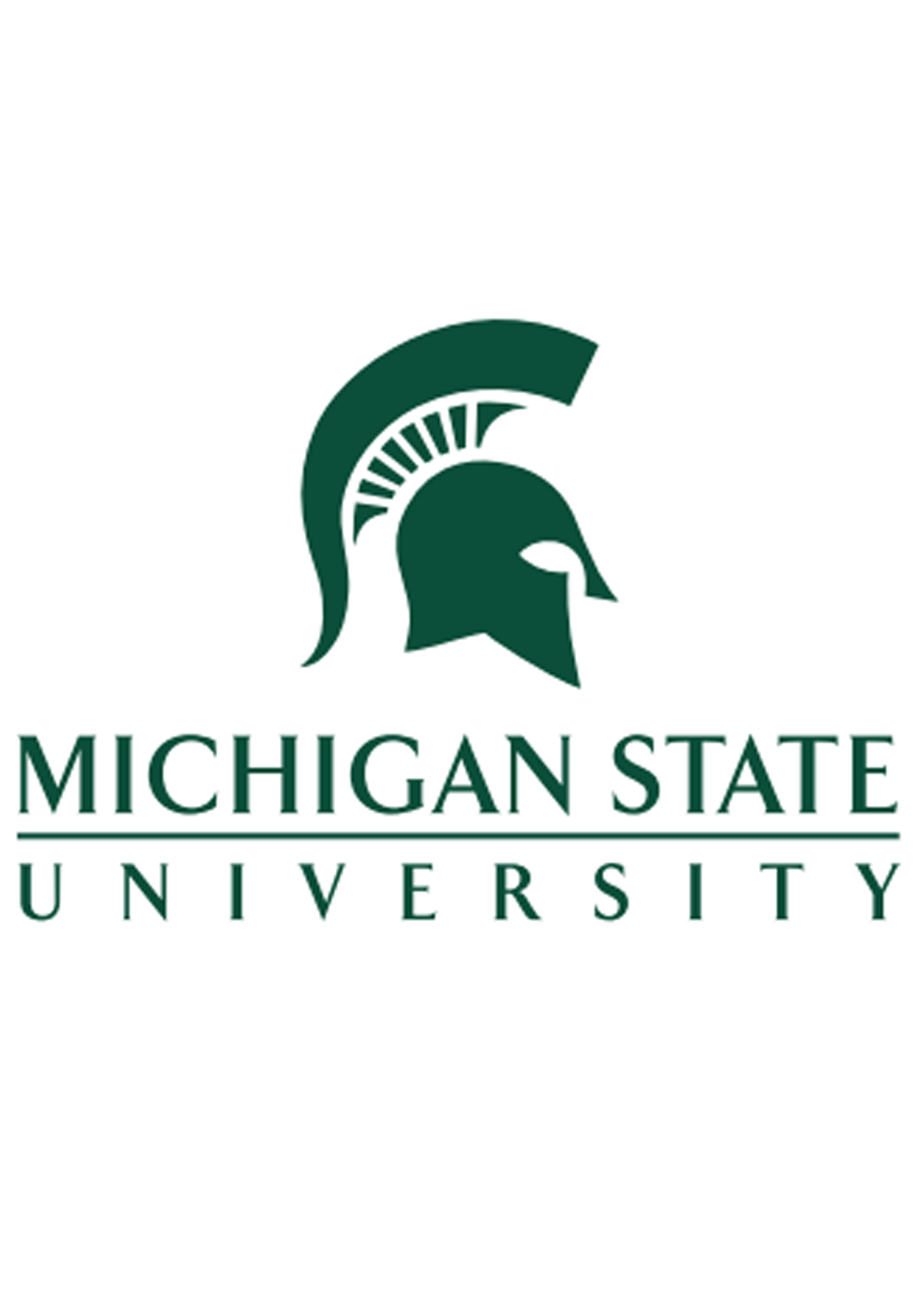
Michigan State University
Intelligent Score: 95.04In-state: $15,555
Out-of-state: $40,384
In-state: $18,858
Out-of-state: $18,858
SAT: 1100-1300
ACT: 23-29
Michigan State University's slogan for their Master of Science in Accounting program is "accelerate your career in one year." A year truly can make a big difference in your employability and earning potential when you use the time to earn a career-oriented degree like MSU's Master of Science in Accounting. This on-campus program offers rolling admissions and three start times per year, so you won't need to wait long when you're ready to begin. The program has a placement rate of 92% and is a targeted recruiting school for Big 4 accounting firms and other highly regarded national and regional companies. Approximately 80% of MSU's graduates pass the CPA exam on the first try compared with 54% nationally.
Resident: $867
Non-Resident: $1,703
On-Campus
Association to Advance Collegiate Schools of Business
30

Indiana University-Bloomington
Intelligent Score: 94.69In-state: $9,815
Out-of-state: $36,194
In-state: $9,786
Out-of-state: $9,786
SAT: 1120-1350
ACT: 24-31
Resident: $739
Non-Resident: $1,406
On-Campus
Association to Advance Collegiate Schools of Business
30

Ohio State University
Intelligent Score: 92.92In-state: $10,615
Out-of-state: $32,599
In-state: $11,560
Out-of-state: $11,560
SAT: 1210-1430
ACT: 26-32
Ohio State University's Fisher College of Business offers a high-quality Master of Accounting degree program that focuses not just on accounting principles but also key business skills and concepts. As a Master of Accounting student, you will complete foundational and advanced coursework in accounting and get to choose among dozens of business electives. This helps you tailor your learning to your individual goals and enter the job market as a more well-rounded, dynamic candidate. Ohio State's program prioritizes relationship cultivation and service in the community. Twice a year, all enrolled students, faculty, staff, and local accounting professionals (alumni included) gather to perform a day of service in the Columbus community.
$1,966
On-Campus
Association to Advance Collegiate Schools of Business
31

NYU Stern School of Business
Intelligent Score: 92.65In-state: $52,204
Out-of-state: $52,204
In-state: $34,704
Out-of-state: $34,704
SAT: 1370-1540
ACT: 31-34
$2,075
On-Campus
Association to Advance Collegiate Schools of Business
30
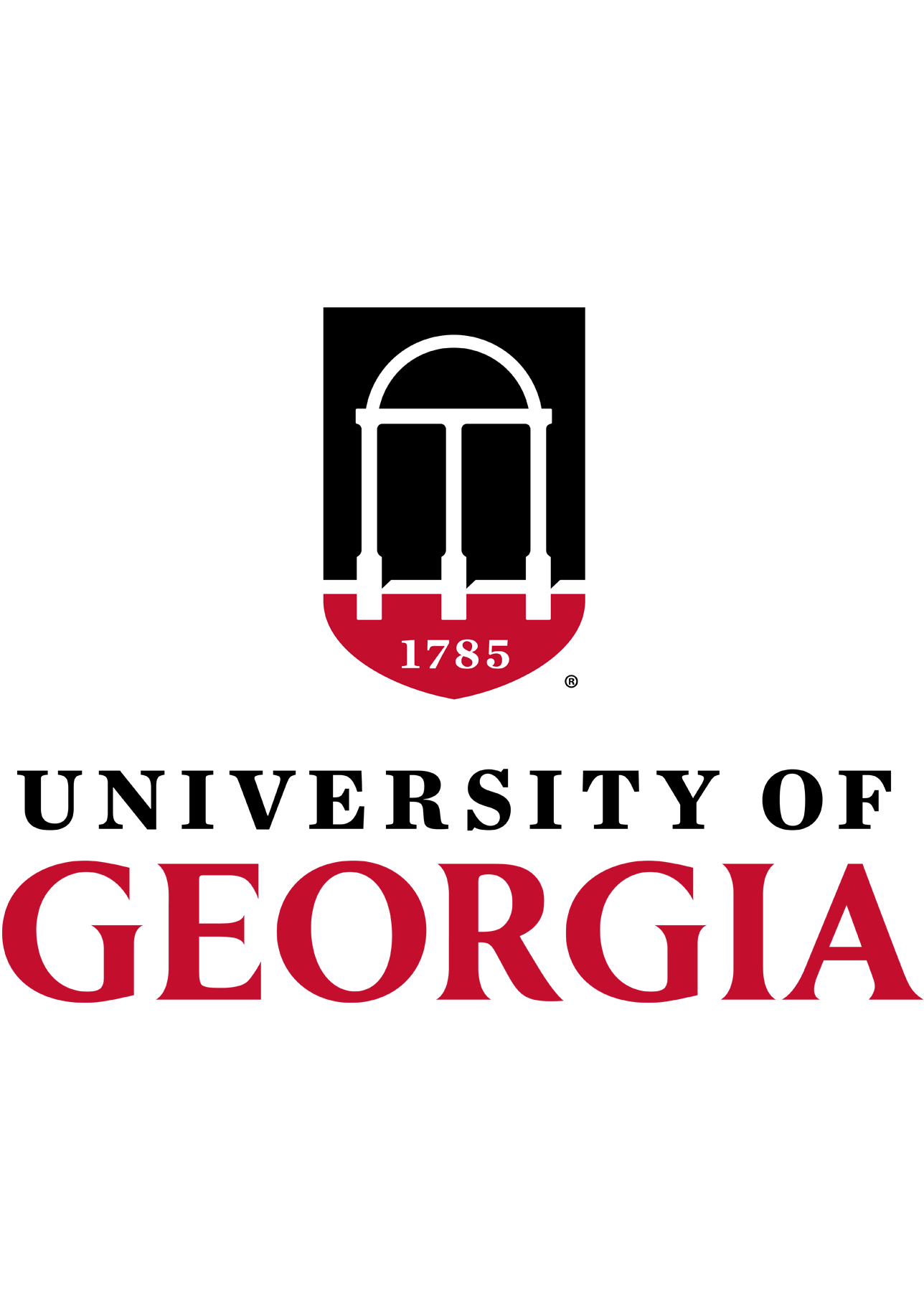
University of Georgia
Intelligent Score: 92.12In-state: $9,790
Out-of-state: $28,830
In-state: $8,878
Out-of-state: $8,878
SAT: 1250-1460
ACT: 29-33
Resident: $529
Non-Resident: $1,168
On-Campus
Association to Advance Collegiate Schools of Business
30-36
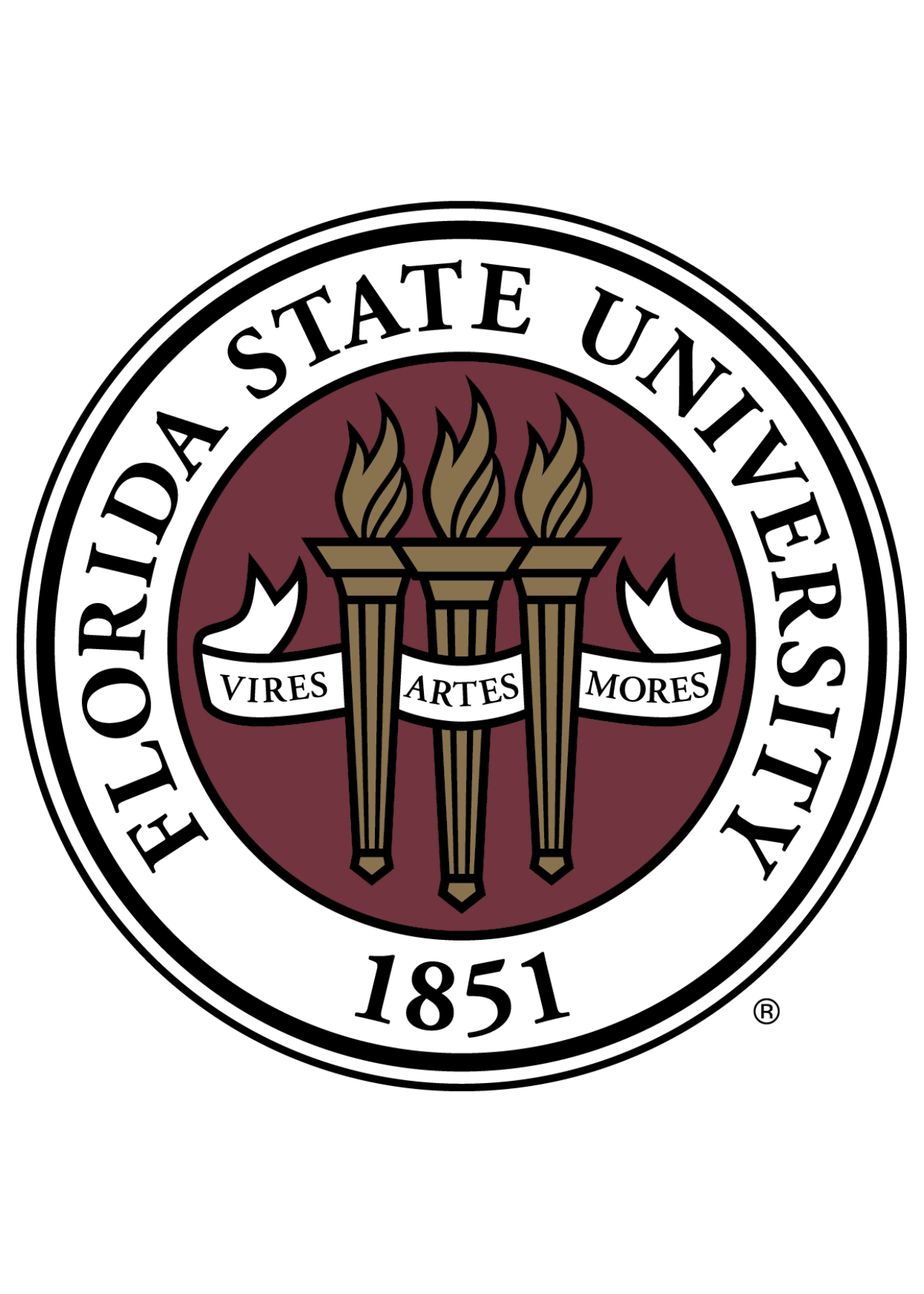
FSU College of Business
Intelligent Score: 91.65In-state: $4,640
Out-of-state: $19,084
In-state: $9,684
Out-of-state: $9,684
SAT: 1220-1350
ACT: 27-31
Resident: $479.
Non-Resident: $1,110
On-Campus
Association to Advance Collegiate Schools of Business
30

Arizona State University
Intelligent Score: 90.71In-state: $10,710
Out-of-state: $28,800
In-state: $11,720
Out-of-state: $11,720
SAT: 1100-1320
ACT: 21-28
Resident: $884
Non-Resident: $1,429
On-Campus, Online
Association to Advance Collegiate Schools of Business
30
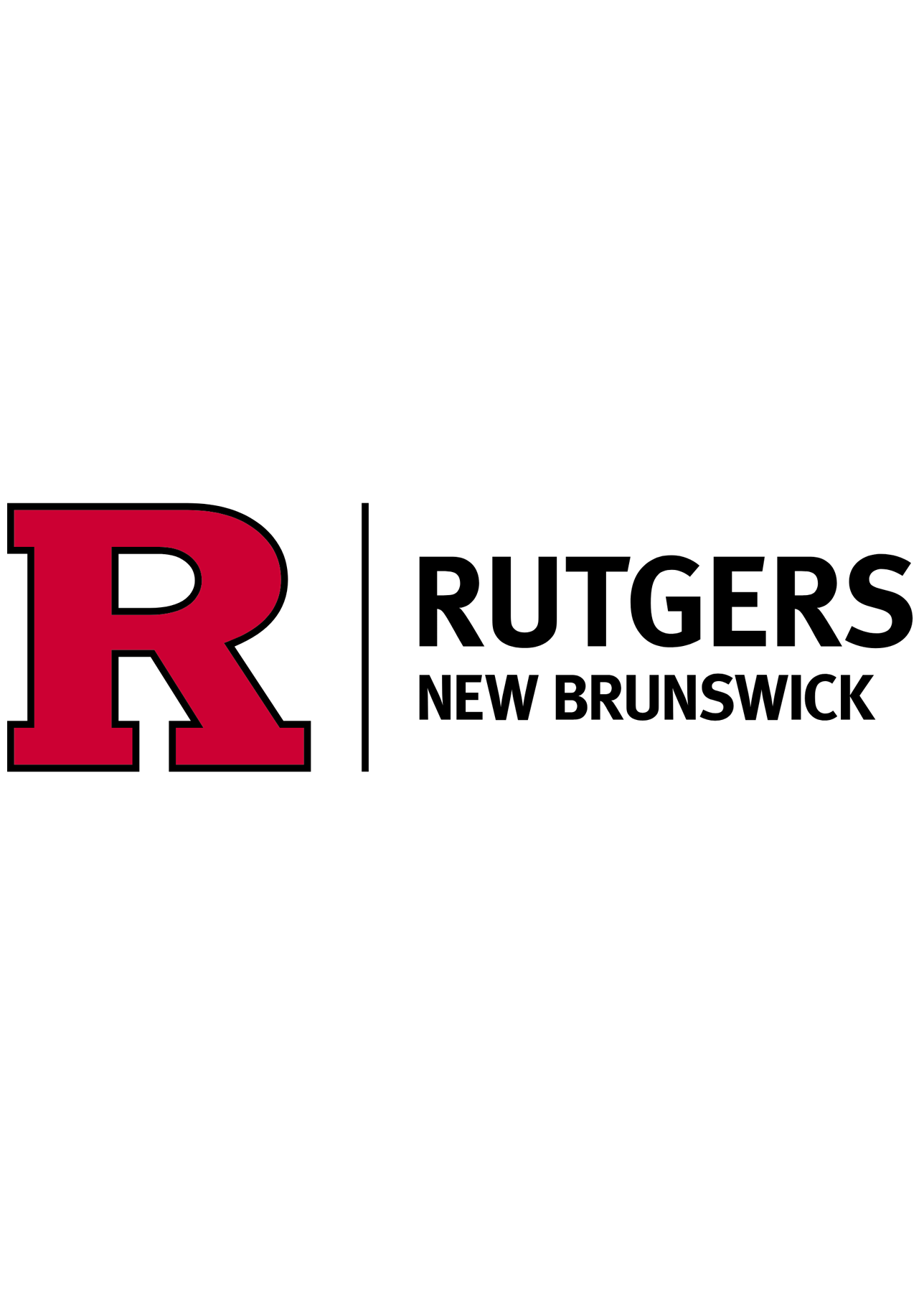
Rutgers University - New Brunswick
Intelligent Score: 90.4In-state: $12,230
Out-of-state: $29,012
In-state: $17,736
Out-of-state: $17,736
SAT: 1180-1410
ACT: 25-32
Resident: $1,248
Non-Resident: $2,166
On-Campus, Online
Association to Advance Collegiate Schools of Business
30
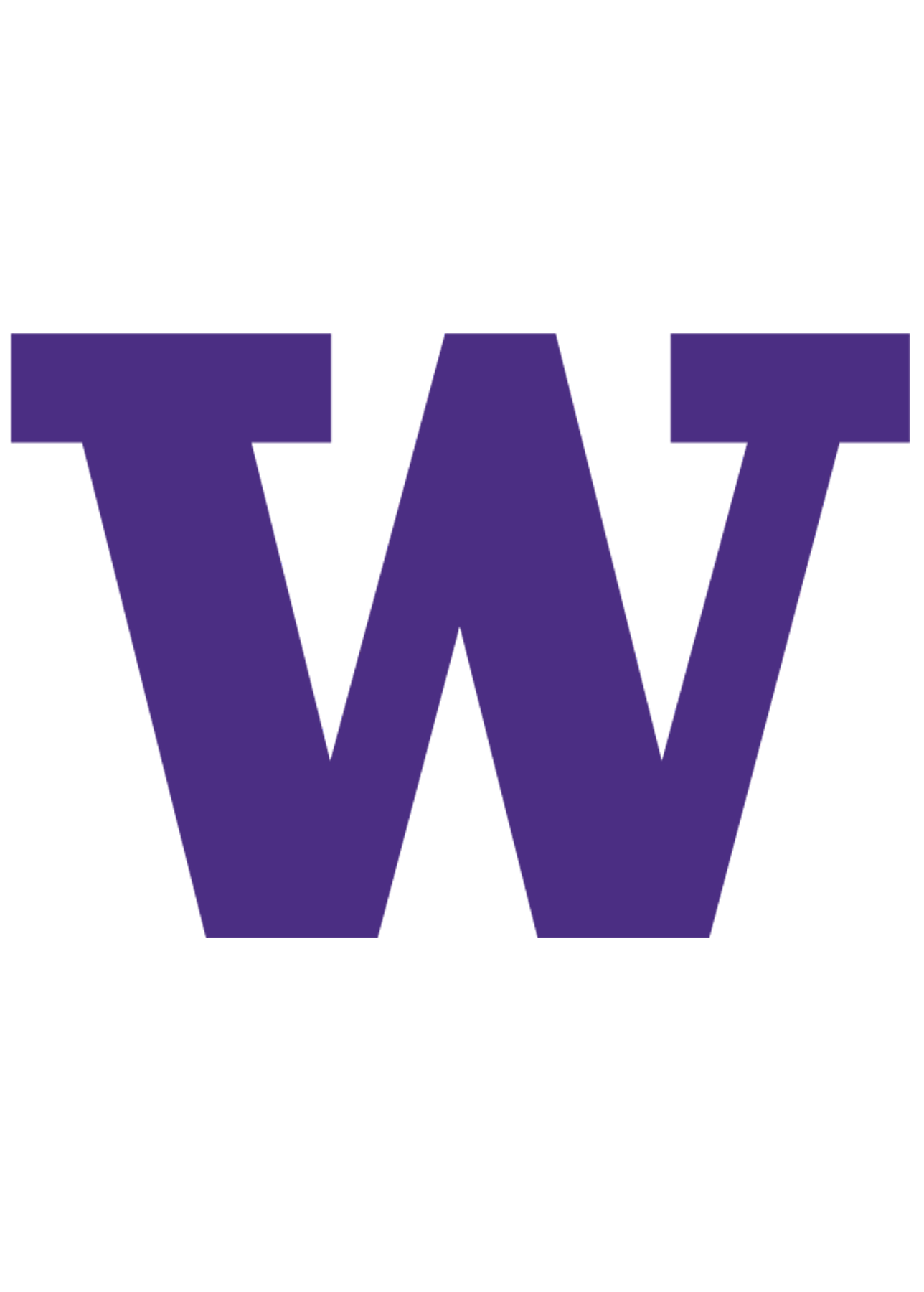
University of Washington Foster School of Business
Intelligent Score: 89.43In-state: $10,629
Out-of-state: $37,998
In-state: $16,278
Out-of-state: $16,278
SAT: 1200-1453
ACT: 27-33
Resident: $493
Non-Resident: $608
On-Campus
Association of Chartered Certified Accountants
48

University of Michigan - Dearborn
Intelligent Score: 85.74In-state: $16,520
Out-of-state: $53,669
In-state: $24,344
Out-of-state: $24,344
SAT: 1340-1520
ACT: 31-34
Resident: $506
Non-Resident: $960
On-Campus, Online
Association to Advance Collegiate Schools of Business
30
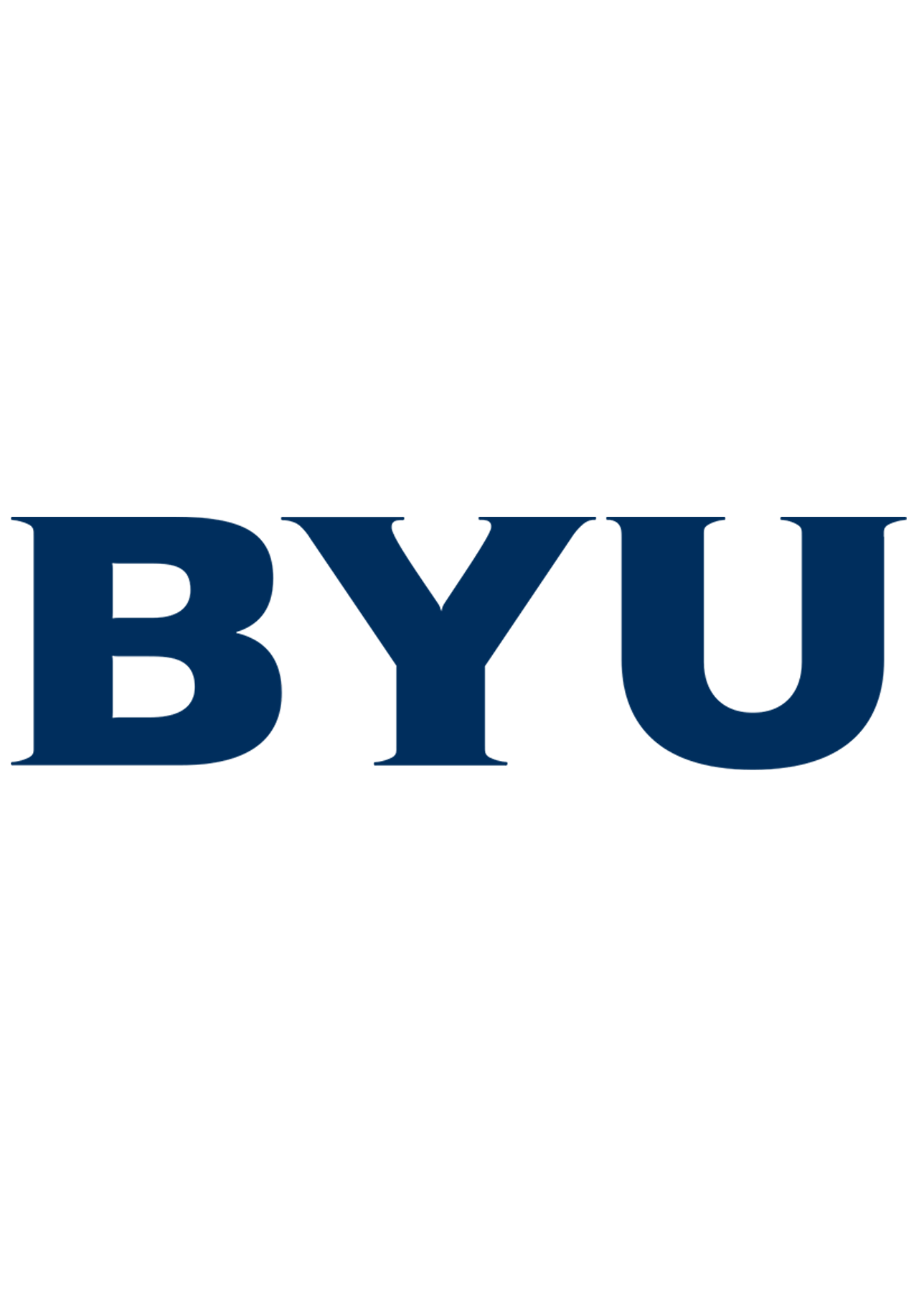
BYU Marriott School of Business
Intelligent Score: 85.62In-state: $5,970
Out-of-state: $5,970
In-state: $7,510
Out-of-state: $7,510
SAT: 1200-1410
ACT: 26-32
Member: $449 Non-Member: $907
On-Campus
Association to Advance Collegiate Schools of Business
36

University of Michigan
Intelligent Score: 84.58In-state: $16,520
Out-of-state: $53,669
In-state: $24,344
Out-of-state: $24,344
SAT: 1340-1520
ACT: 31-34
Resident: $1,750
Non-Resident: $1,919
On-Campus
Association to Advance Collegiate Schools of Business
30
How to Choose a Master’s in Accounting Degree Program
Choose your area of study
While most master’s degrees in accounting offer similar coursework, you may want to specialize to address specific career growth aspirations. Consider whether you want to seek an area of study that best prepares you for work in forensic accounting, financial management, executive leadership, tax accounting, or government/public accounting.
Research schools and programs
Begin your journey toward a master’s in accounting by researching schools. Consider your location, what type of school you want to attend, and how your personal schedule might impact your ability to succeed. For example, some programs offer accelerated learning that lets you complete your degree requirements in as little as one year, but this could involve intense coursework that doesn’t align well with a schedule already full of career and family obligations.
Some things to consider as you research master’s in accounting degree programs include:
- Does the program require on-campus classes, or can you complete it entirely online? What works for you depends on your learning style and preferences as well as your schedule.
- When can you start the program, and does the schedule align with your needs?
- How affordable is the school compared to your other options?
- Is the program accredited? Reputable programs look better on your resume, and accreditations provide peace of mind that you’re receiving a quality accounting education.
Prepare for tests and applications
Grad schools that offer master’s in accounting degree programs have varying admission requirements. You may need to take the Graduate Management Admission Test (GMAT) or Graduate Record Examination (GRE). These graduate admissions tests help verify your preparedness to succeed in a graduate-level degree program.
If your school requires these tests or any others for admission, you’ll need to prepare early so that you can schedule and study for the exam, take the exam, and receive results back in time for any application deadlines.
Select your program
During the research process, you should have narrowed the field down to a few possible schools. You may want to apply to multiple schools, especially if you have included a few highly competitive programs on your list. Completing several applications increases the chances of getting into at least one program on a timeline that works with your career plans.
If you only get accepted to one program, the decision is made for you. However, if you get accepted to multiple master’s in accounting degree programs, you’ll need to pick the best option based on factors such as cost, financial aid, the expertise of teachers, scheduling, and the type of specialization you want.
Determine how you’ll pay for your degree
Finally, make a plan to pay for your degree. Most people start with the Free Application for Federal Student Aid (FAFSA), which can help you understand your eligibility for programs to help cover grad programs. If you’re paying cash for a program, make sure you understand how many courses you can realistically budget for each semester and whether that pace is possible with the school you choose.
What Can You Expect From a Master’s in Accounting Program?
Coursework in a master’s in accounting degree program builds on principles learned in undergraduate accounting or finance programs — or on experience someone already has in their career. The expectation is that you already have some core knowledge, especially for accelerated programs, which won’t spend time on basic accounting. Instead, you’ll learn higher-level and specialty accounting skills related to topics such as data analytics, taxation, federal regulations, and business management.
Traditional master’s in accounting degree programs tend to take around two years for students attending on a full-time basis. However, you can find programs that cater to working professionals with accelerated approaches that take a year or part-time options that let you complete your degree over several years.
You can find master’s in accounting programs that are all on campus, all online, or taught via hybrid approaches that let you balance a need to connect in person with teachers with the flexibility of online schedules.
Potential courses you’ll take in a master’s in accounting program
The courses offered by master’s in accounting degree programs vary, but you can expect options including:
- Data analytics for accounting. Big data management and technical analysis are increasingly important in accounting, and graduate programs often provide students with the skills they need to succeed with such tasks. This can include overviews of technical accounting aspects or the development of practical skills, such as report writing.
- Business management or leadership. Accounting students with eyes on the C-suite may want to take a variety of management courses relevant to company finances. These courses can also prepare you for managing accounting departments or small businesses.
- Auditing. Coursework related to auditing may include financial forensics or concentrate on federal regulations and compliance. These are a must for individuals who want to move into comptroller or auditing positions in the future.
- Business law for accountants. Graduate students can get a strong overview of business laws relevant to corporate accounting and general business. These courses can include reviews of legal literature and projects that explore real-world legal and financial challenges.
- Financial or business ethics. Being well-versed in ethics can help accounting professionals support corporate integrity and understand how to make difficult decisions in real-world business scenarios.
Master’s in Accounting Degree Frequently Asked Questions
How do I apply to a master's in accounting degree program?
The specific admission requirements vary by school. Typically, you start with an application and will likely need a transcript demonstrating that you have completed a requisite 4-year degree program. Some graduate-level accounting programs may require you to have a degree in a certain field, such as accounting, finance, or business management, or applicable career experience.
You may need to complete the GMAT or GRE, as some programs only accept students who score a certain amount on these tests. Research your desired schools for exact requirements. You can do this by talking to an admissions counselor, who can help you understand the application process and admission requirements.
How much does a master's in accounting degree cost?
The average tuition for a master’s degree in accounting is around $19,700. However, that can vary widely depending on whether you’re attending a public or private school or are paying in-state or out-of-state tuition rates. You may be able to save on an online program, but that’s not always the case with graduate degrees.
Don’t forget to account for costs other than tuition. You’ll need to pay for books and materials for your courses, some of which may require access to special accounting software and other programs. Most students also need a laptop and internet connection.
How long does it take to earn a master's in accounting degree?
Master’s in accounting programs usually require you to earn between 30 and 36 credits. Depending on the program, you may be able to leverage existing credits or even professional experience, which can cut down on the time it takes to earn your degree.
Traditional in-person degree programs typically take around two years to complete when attending full-time. Online and accelerated programs may take as little as a year to complete, but they often come with special admissions requirements. If you attend part-time, taking only one or two classes a semester, it might take four years or more to earn your master’s degree.
